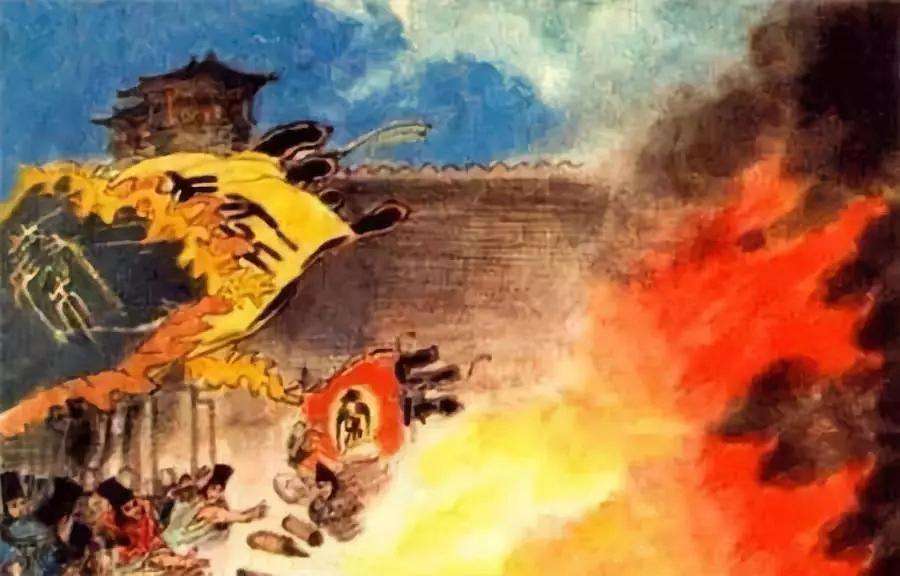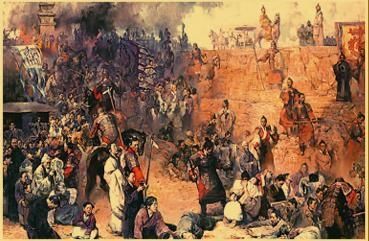Carrying Out Radical Reforms
1 min readAfter proclaiming himself emperor, Ying Zheng instituted political, cultural and economic reforms to solidify his rule. These drastic measures had exerted a significant influence on China’s feudal society.
First of all,using other states’bureaucracy as reference,he established a highly centralized political system to administer the empire.

In the central government,the”Three Excellencies”(Chancellor,Grand Commandant,and Censor-in-Chief)took care of the routine matters.In addition to selecting and recommending local officials,the duty of the Chancellor was to preside at meetings of senior courtiers and to report directly to the emperor.The Grand Commandant was in charge of military affairs.The Censor-in-Chief took the responsibility for supervising government officials at all levels and keeping official archives and documents,and he was eligible to fill the vacancy in chancellorship.

Below the”Three Excellencies”were nine ministers in charge of different functional departments.The establishment of the”Three Excellencies and Nine Ministers”during the Han Dynasty(206 BC-AD 220)basically followed the Qin bureaucracy,and the system of centralization had ever since lasted for 2,000 years.








